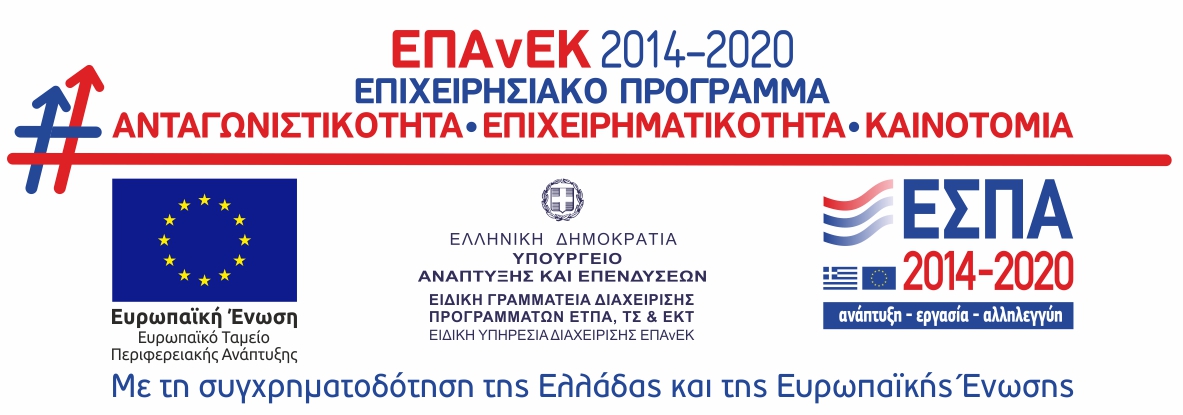Over the past eight years I have been training language teachers worldwide to become Neurolanguage Coaches®, bringing neuroscience or knowledge about the brain as well as coaching into the language learning process. I often get teachers who are very skeptical about this and in fact one asked me “well, what is the reason for talking about the brain, we never did it before?” and my answer was “surely, isn’t it time that we did?
In my own personal experience, at my mature age in life, if I had known more about my own brain as a child, as a teenager, as a young adult and through the last 20 years, I do think I could have understood myself better and maybe even achieved differently and even more than I have to date. In addition, as a teacher starting at the tender age of 17 to teach English, many, many years ago, I do think knowing about the brain would have greatly helped me to understand my learners more and more. In particular, I have one memory of a lady in Germany some 15 years ago, who burst into tears as soon as I walked into the session. I remember at the time all I did was empathise and sympathise and we got nowhere. Now, I would talk to her about the brain and how her brain obviously perceived learning English as a threat and I would explain about the fight or flight reaction or even freeze and then we would work out strategies together to propel her brain out of this state and into a calmer “perfect learning state” as I call it.
Understanding the limbic brain is key for any of us, as when we go into a fight, flight or freeze state, the resources needed for the “learning areas” of the brain (the rational and analytical pre-frontal cortex and the memory master, the hippocampus, become limited, hence the feeling of blockage, panic, nervousness and even physical reactions like shaking, stuttering or eve feeling faint.
So, to return to the importance for ALL educators to understand the brain and especially language trainers, teachers or coaches, there are various things that I believe to be absolutely essential for us to know, and with the evidence that neuroscience is providing us with nowadays.
Firstly, I have to understand emotional triggers and how these can devastate the learning. I have to really ensure that:
1) I personally am not doing anything during the learning process that could trigger a fight or flight reaction
2) the circumstances of the learning process are not triggering the fight or flight
3) my learner him/herself is not triggered into fight or flight by something in the past
Secondly, I have to understand how to make the process more learner-centric and really tailor-make to my learner, because now we know that no two brains are the same. Ironically, I heard that in the USA they are now working on “brain prints”, like fingerprints or iris reading, our brains have a unique print that distinguish us one from another. So, every learner sitting in front of us will have a unique brain. That means we have to understand how that person learns, and actually how we can assist that learner to learn in the most effective, fast and efficient way for him/her.
Thirdly, we need to understand what are the most effective ways of getting our learners into insights, aha moments, instant learning, where we understand how the conscious and the subconscious brain interact and how learning goes from short term to long term best.
Fourthly, we have to know how to provoke constant brain connections with language and trigger L1 and L2 language connections, as we have the scientific proof that this is how the brain learns languages.
Fifthly, we have to really take onboard the statement from the science that says “the person doing it learns it” and get our learners to do more of the work actively and we have to stop doing it for them. This also encourages ownership and responsibility for the learning process by the learner.
Finally, as educators we have to know how to talk about the brain and discuss what is happening with our learner in very simple terms, we are not professing to be neuroscientists, we are just wanting to comprehend how we can enhance the learning process for each and every learner and understand what they are going through and what can be done for them to achieve their learning goals. One of the greatest impacts for me, has been to understand how teachers can positively impact learners but also how teachers can negatively impact learners and in these cases often that negative impact stays with the learner throughout their whole life.
I do think that all of us, whether trainers, teachers, coaches, educators, even neurolanguage coaches, we all want our learners to experience an extremely positive impact with us, an experience that they will never forget and in addition an experience which guarantees effective, efficient and fast learning.
Rachel M. Paling

Rachel started teaching English as a Foreign Language to adults over 35 years ago. She has a BA Honours in Law/Spanish (with distinction in spoken Spanish) and a Masters in Human Rights and Democratization (EMA) and qualified as a UK Lawyer in 2003, but combined her teaching experience, her specialisation in business English and her legal knowledge to coach top executives across Europe. She has created the new method and approach called Neurolanguage Coaching® and has trained about 400 language teachers worldwide certifying them as Neurolanguage Coaches with her training course, one of the only language coaching certification courses in the world accredited by International Coach Federation USA. She now delivers worldwide to transform the educational process and to enhance communication.











